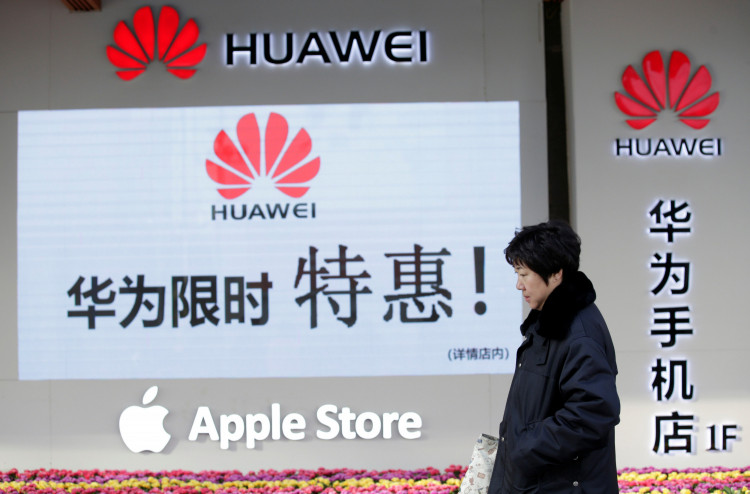Apple has completely lost its position as top-seller in China with analysts saying that the company has become overly confident, neglecting how truly competitive local smartphone makers are. For others, its Chinese nationalism and patriotism that have killed Apple in the country.
Apple has now become number 5 only from being the largest phone seller in China, The Wall Street Journal reported. It is now trailing behind Chinese rivals that include Huawei Technologies Co., Oppo, and Vivo.
Shipment volume for Apple phones has been declining for seven consecutive quarters, WSJ noted, citing data from Canalys. Specifically, volume for the nine months declined 11.8 percent from the previous year. This, despite Apple growing its market share in the country by 0.2 percentage point to 7.8 percent compared last year.
Chinese disinterest with Apple was reflected with how sales of iPhone XR was. The company placed big orders for units to be sold in China as it expected a strong demand. Now, Apple is struggling with big inventory deficit as orders are not moving from stores, according to sources who spoke with WSJ.
The company's decline in China has taken a heavy toll on Apple that it cut its quarterly revenue forecast on Wednesday. This was something that never happened for the last 15 years. This was also the first time that company is reporting reduced outlook since Cook became CEO in 2011.
In a letter to investors, Tim Cook said Apple needed to cut its outlook due to lower than anticipated iPhone revenue, primarily in Greater China as well as in other developed markets.
Cook said Apple's revenue will be lower than its original guidance for the quarter. Apple sales were pegged at about $84 billion in the quarter ended Dec. 29, down from previous estimates of $89 billion to $93 billion.
Cook said macroeconomic challenges may be affecting the buying power of people from the affected markets, especially with the ongoing China-US trade war. He also said that many customers may have adapted to a practice where they only subscribe to fewer carrier subsidies. It could also be that US dollar strength-related price increases make the units more expensive.
Whatever is the reason behind Apple's decline in the country remains to be seen. However, the current nationalistic and patriotic vibe in the country may be the biggest factor at play here.
These past few months, a growing number of Chinese companies - from big corporations to food companies - have been encouraging their employees to stick with buying units from Huawei. Employers have even offered to provide subsidies for employees who will be making the shift to Huawei.
Nikkei Asian review reported that Chinese companies are giving as much as 10 to 20 percent subsidies of their employees' purchase price. Some have given free Huawei phones to their employees. All this is being done to render support to its chief financial officer who was arrested in Canada.
Some have even called for a national boycott on Apple. Chinese have often boycotted companies that they deemed have compromised relations with their country. This was evident with how they reacted toward Japanese brands when they protested the Senkaku islands controversy in 2012. Most recently, Chinese patriotism was evident when it boycotted Dolce & Gabbana over a discriminatory ad campaign.






